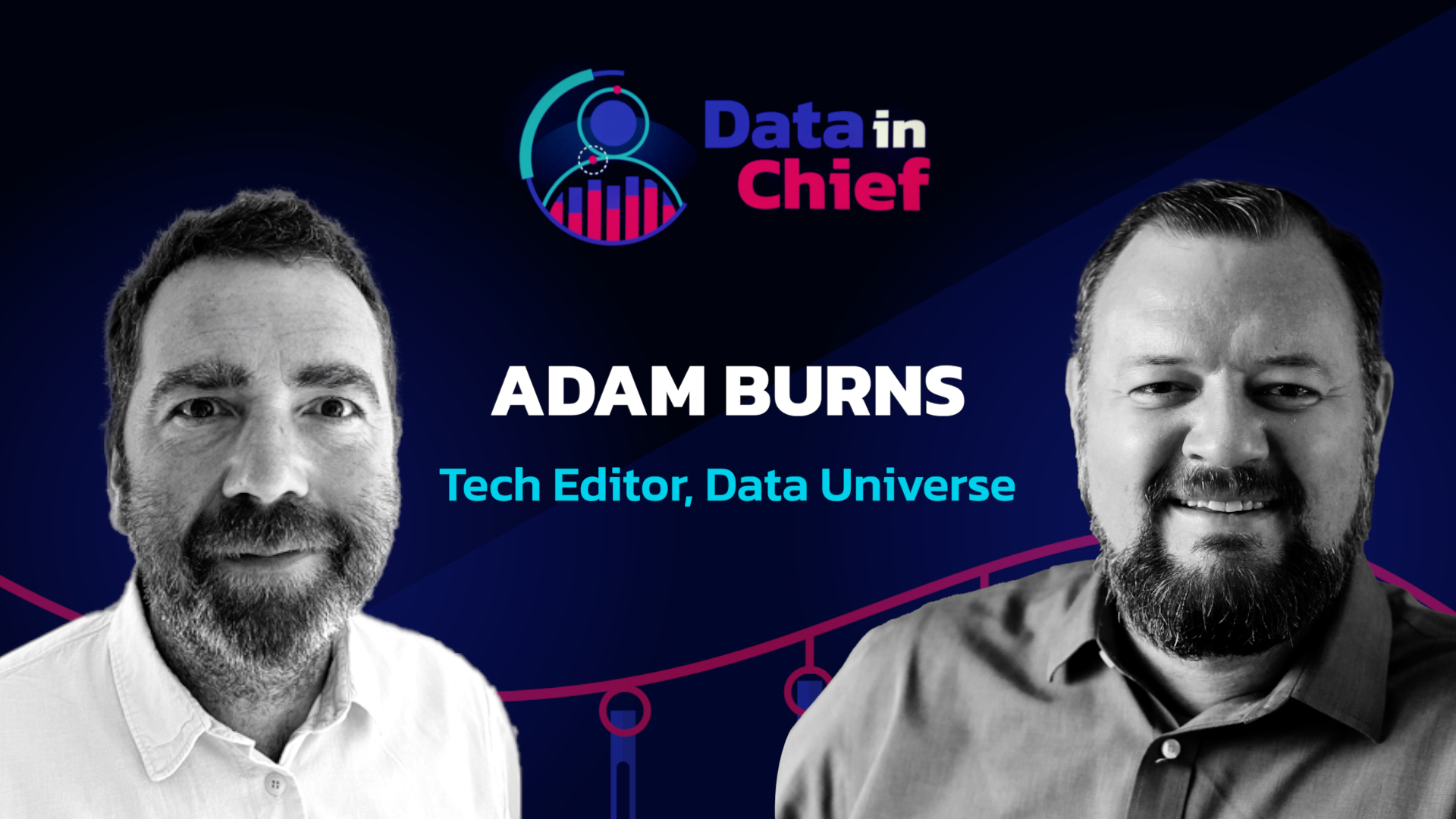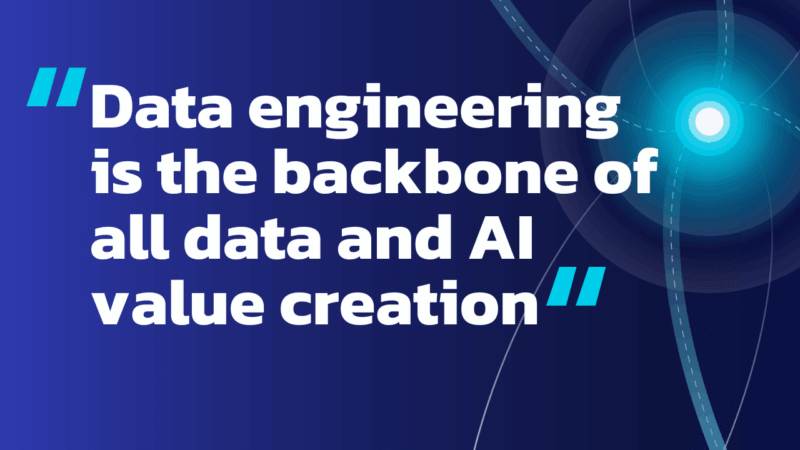
Thought Leadership
Data Universe 2024 and the Future of AI-Driven Analytics
The Data Universe 2024 conference, held in New York, provided an inspiring opportunity for industry leaders and experts to explore the future of data and AI. Action’s Robert Rouse attended the event and afterwards had the opportunity to discuss highlights with Adam Burns, Tech Editor of the conference.
In this engaging discussion, they shed light on the evolving landscape of AI and its implications for businesses. They also explore a range of topics addressed at the conference, including data privacy and governance, the impact of open-source platforms, and the future of economic models driven by data analytics.
Shifting from Business Intelligence to Decision Intelligence
One of the key themes that emerged from the conference was the shift from traditional Business Intelligence (BI) to Decision Intelligence (DI). While BI focuses on providing data and insights to inform business decisions, DI emphasizes a collaborative approach that integrates data, human expertise, and contextual analysis to guide and enhance the decision-making process. DI is designed to foster a more interactive and inclusive approach to leveraging data for better outcomes.
Practical Benefits of AI in Business Processes
The conference highlighted several benefits of implementing AI in business processes:
Increased Efficiency: AI has the potential to significantly enhance operational efficiency. For instance, AI chatbots in call centers resolved 14% more issues per hour, demonstrating their ability to handle routine tasks swiftly and accurately.
Enhanced Customer Sentiment: The use of AI in customer service has led to improved customer satisfaction. Faster and more precise issue resolution ensures a better customer experience.
Employee Retention: AI solutions can reduce the workload on human agents, allowing them to focus on more complex and engaging tasks, thereby improving job satisfaction and retention.
Economic Growth: The potential contribution of AI and generative AI to the global economy is immense, with estimates predicting as much as $8 trillion by 2030.
Addressing Challenges in AI Implementation
Despite its numerous benefits, the implementation of AI in business processes comes with its set of challenges:
Trust and Transparency: Building and maintaining trust in AI systems is crucial. Businesses need to ensure transparency in how AI algorithms make decisions and manage data.
Ethical Considerations: Ethical use of AI, particularly concerning data privacy and bias, is a major concern. Developing and adhering to clear ethical guidelines is essential.
Cultural and Organizational Adaptation: Organizations must foster a culture that embraces the changes brought by AI. This includes creating collaborative environments where AI is used responsibly and effectively.
Data Privacy: Managing data privacy remains a critical issue. Experts like Tammy Dackin have highlighted the complexities even for those well-versed in the field. Clear and understandable privacy policies are imperative.
Insights from Notable Speakers
Several speakers at the conference provided valuable insights:
Tami Dokken discussed the complexities of data privacy, emphasizing the challenge even experts like her face in understanding privacy notices/End-User Licensing Agreements.
Doug Laney advocated for viewing data as a valuable, non-depleting asset, stressing the need for better data management and monetization.
Discussions on AI ethics and privacy underscored the importance of safeguarding customer data and managing it responsibly.
The Data Universe 2024 Conference underscored the transformative potential of AI in business processes, along with the challenges that need to be addressed for its responsible and effective implementation. As businesses navigate this evolving landscape, fostering a culture of collaboration, transparency, and ethical use of AI will be key to unlocking its full potential.




